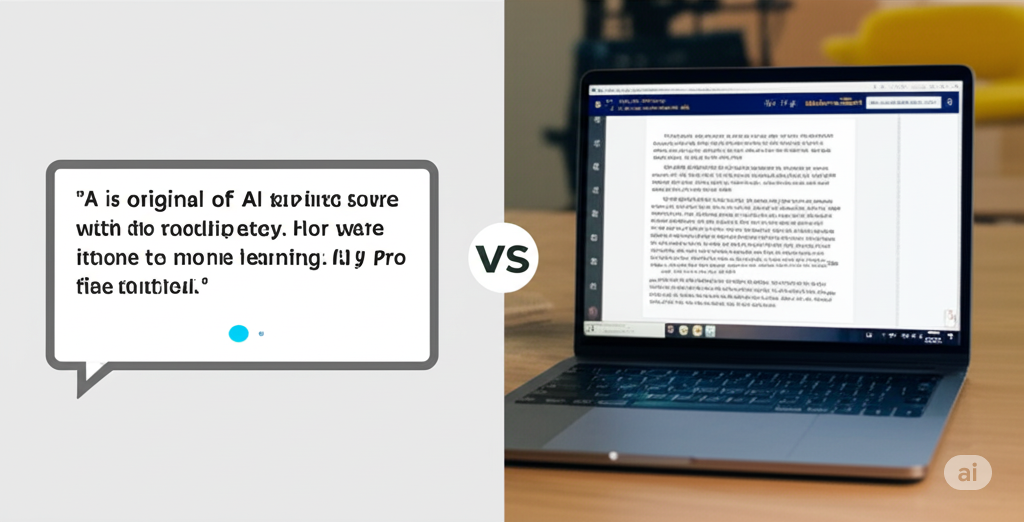The Rise of Answer Engines
In the early days of the internet, search engines like Google became the primary gateways to information. You typed a query, received a list of links, clicked through, and found your answer on a webpage—often surrounded by ads that funded the content you consumed.
But today, that paradigm is shifting fast. AI-powered chatbots like ChatGPT and Google’s Gemini now offer direct, conversational answers to users—without requiring them to visit a website. While this may seem like a win for convenience, it’s proving catastrophic for the economics of the open web.
What’s Happening: The Collapse of Click-Based Models
The problem lies in the breakdown of the traditional click-through model:
- Publishers rely on user traffic to monetize their content via ads or subscriptions
- Search engines and AI bots scrape or summarize this content to provide answers
- Users get what they need from AI—without ever clicking the original source
In effect, AI is becoming the middleman and the endpoint.
Key Stats:
- Major news sites have reported double-digit drops in traffic from Google in 2024–2025
- Over 60% of Gen Z prefer getting answers from chatbots over web searches (Pew 2025)
- An estimated $15–20 billion in digital ad revenue is at risk over the next five years
Who’s Losing: Creators and Publishers
From bloggers to newsrooms, AI’s rise is cutting off a vital lifeline: audience attention.
- Publishers: Content investments are yielding fewer visits
- Independent Creators: SEO strategies are becoming irrelevant
- Educational Sites: Traffic from queries is being redirected to AI summaries
Several major media organizations, including The New York Times, Bild, and News Corp, have already taken legal action or negotiated licensing deals with AI firms.
The Legal and Ethical Storm
The backlash against AI platforms stems from both economic and moral grounds:
- Content Scraping without Consent
- AI models are trained on vast internet data—much of it copyrighted
- No Revenue Sharing
- Despite using this content to generate value, few AI firms share profits
- Lack of Transparency
- Users often don’t know where AI-sourced info comes from
These issues have sparked lawsuits, regulatory proposals, and the rise of AI-resistant licensing frameworks.
What Is the “Agentic Web”?
Amid this crisis, researchers and developers are calling for a new model: the Agentic Web.
This is a vision of the internet where:
- AI agents and content ecosystems coexist fairly
- Creators are compensated when AI uses their content
- Interactions are transparent, traceable, and regulated
Proposals include:
- Bot paywalls: Charging AI platforms for crawling content
- Smart contracts: Enabling real-time micropayments to creators
- AI citation standards: Mandating clear attribution and links
- Regulatory intervention: Similar to GDPR, but for AI data rights
🤔 Did You Know?
The average AI chatbot response draws from over 1000 distinct sources, yet most users never know where the information originated—or who should be credited or paid.
A Path Forward: Balance Over Breakdown
While publishers push back, AI companies are also exploring win-win solutions:
- OpenAI and Reddit’s content licensing agreement (2024)
- Google’s experiments with inline citations and source links
- Microsoft’s CoPilot offering opt-in publisher agreements
These show that coexistence is possible—but only if platforms recognize that content has value beyond just data.
What Can Be Done Now?
For content creators and readers:
- Support ethical AI platforms that cite and credit
- Diversify revenue models: newsletters, memberships, and partnerships
- Advocate for digital rights and fair-use reforms
For AI developers and companies:
- Build revenue-sharing systems with creators
- Ensure traceability and attribution
- Work with regulators and publishers to build sustainable models
Conclusion: Rebuilding the Web’s Social Contract
AI-driven chatbots have undeniably changed how we access knowledge. But if we want a future where quality content continues to exist, the economic incentives behind it must survive.
It’s time for tech companies, regulators, and content creators to forge a new social contract for the web—one that values truth, transparency, and compensation.
The web was built to share information. Now, we must ensure it also shares the rewards.









+ There are no comments
Add yours